Task force for the recovery of waste and debris after catastrophic flooding at Ahr valley
The catastrophic flooding in the Ahr valley in summer 2021 left behind enormous mountains of waste. In dialogue with all partners throughout the value chain, we supported the disposal of these unimaginable volumes of bulky waste and building debris. An internal task force was set up to coordinate the thermal recovery and create additional capacities.
In dialogue with partners to deal with mountains of flood debris

Following the devastating floods, the disposal of the masses of bulky waste and demolition debris was progressing, but there was not enough capacity to handle the unimaginable volumes. The waste management service in the Trier region, for example, collected 14,000 tonnes in three days – the same volume typically generated in an entire year. However, the Ahr valley in the Ahrweiler district was hardest hit. That region therefore had to rely on help from across Germany.
As the largest plant operator in Germany, we had created additional capacity for around 24,000 tonnes in our plants by the end of September 2021. Each week, up to 40 lorries full of bulky waste from the flooded regions came to our plants. By the end of the year, the volume nearly doubled. An internal task force was entrusted with organising the safe management of the flood waste in addition to our regular waste recovery. At the time, our plants were already at 98 per cent capacity utilisation. In addition, the facilities with contractual obligations to deliver district heating each had to undergo scheduled maintenance in the summer. To relieve pressure in the waste management market, it helped that we reduced acceptance of waste from abroad and were allowed to temporarily store waste for longer than the statutory limits, which was made possible thanks to an uncomplicated dialogue with the authorities. The volumes in interim storage must be sorted and suitable for thermal recovery and EEW is communicating with all partners in the recovery chain about this, too.
Anja Kau in dialogue with Sascha Hurtenbach
"We are especially grateful to EEW for creating the needed capacity. The simple and straightforward communication via email and the fair prices have also sustainably shaped our relationship.”
Sascha Hurtenbach | Plant Manager, Waste Management Department, Ahrweiler district

Sascha Hurtenbach: “We are especially grateful to EEW for creating the needed capacity. The simple and straightforward communication via email and the fair prices have also sustainably shaped our relationship.”
Anja Kau: “In a situation like this, everyone must stand together and set priorities. We took various measures. For example, volumes from within Germany and abroad that were not contractually fixed were reduced, postponed or rerouted to other plants. With our materials stream management, we redirected contracted volumes to other plants in the Group and also included our sites outside of Germany. And we identified which storage capacities were available and what would be additionally required for us to temporarily store waste.”
Sascha Hurtenbach: “Thanks to the uncomplicated cooperation with the authorities, we were luckily able to get exemptions. Because it was clear early on that the conventional procedures and processes had to be reorganised depending on the situation.”

“We had a strong sense that the regulatory authorities were looking for pragmatic solutions to find additional capacities, for example, by temporarily increasing the throughput volumes at our plant in Heringen.”
Anja Kau | EEW Sales, Local Authority Customers

